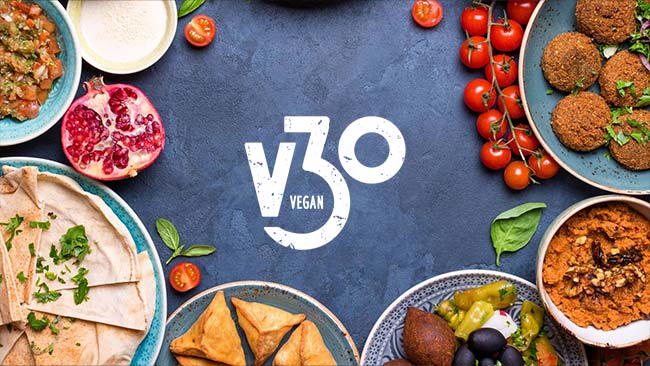Type 2 Diabetes

Type 2 diabetes tends to develop later in life, largely due to an unhealthy lifestyle. However, more and more young people are being diagnosed and the link between the disease and the foods we eat is strong (Pan et al., 2011).
When you’ve eaten, the sugar from your food is absorbed into your blood and your blood sugar level rises. This sugar needs to get to every one of your cells as the main energy source. To make this happen, your pancreas releases the hormone insulin which allows sugar to get into your cells – it is the key that opens the cell door. In type 2 diabetes, a condition called insulin resistance usually develops, meaning that your cells do not react to insulin correctly and do not let sugar inside. It results in your blood sugar levels being too high and your cells not having enough sugar energy.
Many people think that eating too much sugar causes type 2 diabetes but it’s not that simple. Sugar isn’t healthy, but it is not a major cause of diabetes. Several studies demonstrated that diets high in meat, fat and processed foods (Western style diets) drive your body to store tiny droplets of fat in your muscle and liver cells. When there’s too much fat inside a cell, it stops being able to work properly and doesn’t react to insulin correctly – resulting in insulin resistance (Sparks et al., 2005; Morino et al., 2006; Consitt et al., 2009).
A large study of vegetarians and non-vegetarians showed that eating just one serving of meat per week significantly increased the risk of diabetes – by up to 74 per cent (Vang et al., 2008).
Many studies examined the relationship between meat and type 2 diabetes and found that consumption of red meat increases the risk by 12-43 per cent, while processed meat increases the risk by 19-57 per cent (Micha et al., 2010; Pan et al., 2011; Steinbrecher et al., 2011; Micha et al., 2012; Zhang et al., 2021).
One of the studies that found a connection between type 2 diabetes and red meat, processed meat and poultry listed the many components of meat than can contribute to the problem: saturated fats, animal protein, haem iron, sodium, nitrites and nitrosamines as well as other harmful substances (Feskens et al., 2013). Meat and meat products are always rich sources of saturated fat and as Professor T. Colin Campbell noted in his extensive China Study, as people’s fat intake rises and carbohydrate falls, the risk of type 2 diabetes increases (Campbell and Campbell, 2005).
Of course, meat isn’t the only culprit – high-fat dairy products, eggs, processed and junk foods, pies and cakes also play a role – but it’s clear that meat plays a very important role in the development of type 2 diabetes.
The good news is that a wholesome vegan diet can help prevent type 2 diabetes – in fact, vegans have up to 50 per cent lower risk (Appleby and Key, 2016; Salas-Salvadó et al., 2019).
Even if you already have type 2 diabetes, there’s a lot you can do – a healthy vegan diet low in fat and high in wholefoods can help reverse it (Barnard et al., 2009; Kahleova et al., 2011; McMacken and Shah, 2017). In several studies, many patients were able to reduce their diabetes medication and some were able to discontinue it because they were no longer diabetic!
Cutting meat out of your diet is not just a healthy choice, it’s also an ethical and sustainable one. If you’re used to meals based around meat, the idea of going meat-free may be daunting but we’re here to help make it super easy! Try vegan!
Sign up to our daily emails for a week to receive mouth-watering meal plans, nutritional advice and health information.
If you want to try it for a month, sign up to 30 days of delicious vegan recipes, tips and product info… all free!
All about meat
Find all the above and more in Viva!’s hard-hitting scientific report Meat the Truth.






